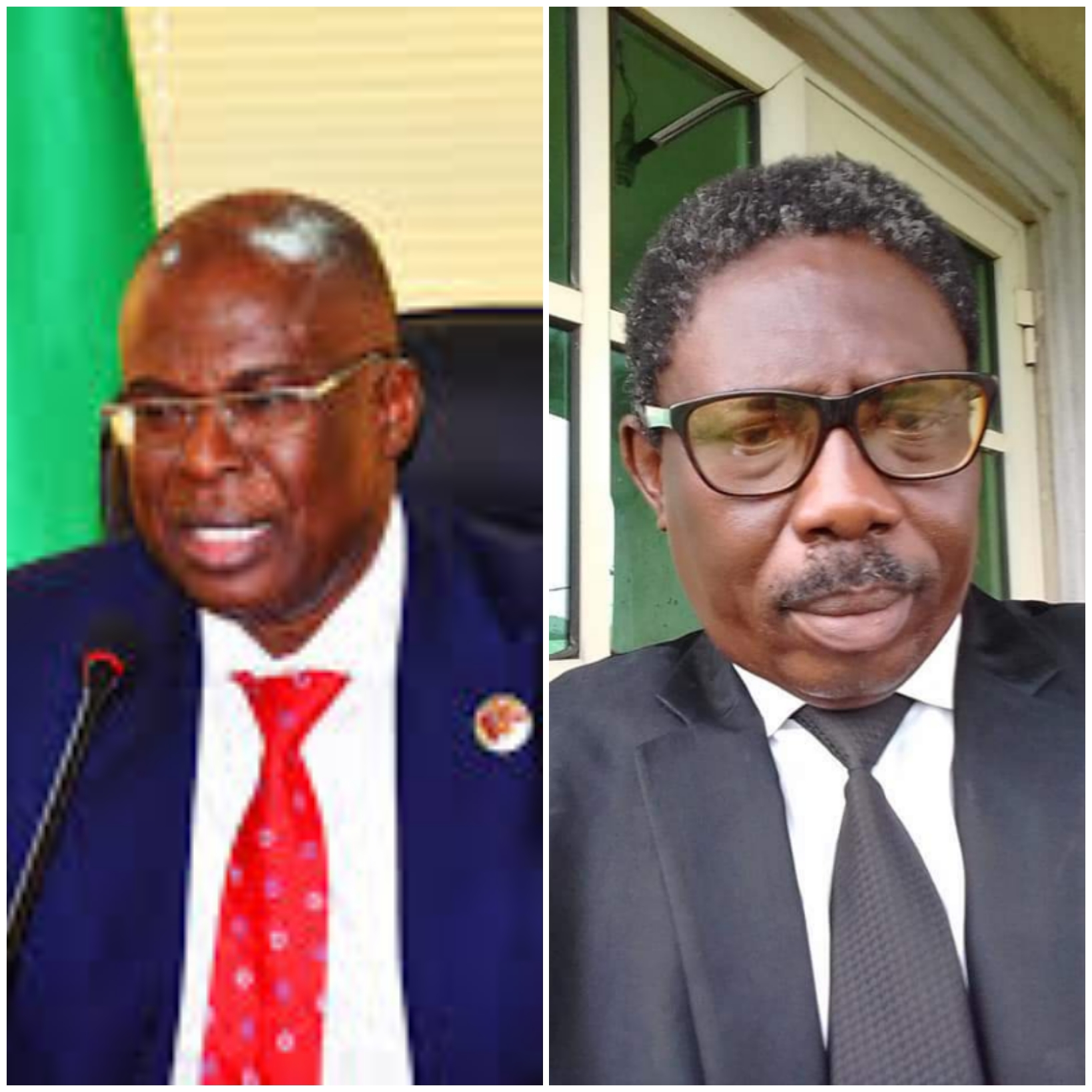Local Content and the Emerging Petroleum Industry

Local Content and the Emerging Petroleum Industry
According to petroleum industry watchdogs, Nigeria lost no less than 380 billion dollars to capital flight over the years due in part to weak policy direction, absence of a legal regime, none availability of infrastructure and of course because of paucity of ideas, docility on the part of managers, ineptitude, corruption etc in the petroleum industry.
Nigeria is a victim of a self inflicted injury. And the implication is already telling on our financial health. Besides, the socio-political dislocation which signposts the dire state of affairs in the country. Nigeria is said to be the poverty headquarters of the world and such other explitives are bandied around by experts to exemplify the gross poverty index of our country.
Unemployment is on the rise by the day, inflation is soaring by the minute, the rate of brigandage and insecurity are escalating beyond measure. All these challenges underscore the variables of missed opportunities in our journey to nationhood. I will explain.
Every year, it is estimated that the country loses between 18 and 20 billion dollars to foreign outfits playing complimentary roles in the oil and gas industry while Nigerian companies are conscripted to play in the lower league where the income is meagre.. These monies are earmarked for contractual obligations in the oil and industry. More often than not foreign companies adequately funded by offshore lending institutions take advantage of this lacuna by freighting away these petro-dollars on a platter of gold. Angola and Norway were more strategic in their approach in developing local capacity and in dealing with IOCs. We were more interested in rent seeking and taxation than harnessing the harvest of opportunities therein.
What that meant was that there were no regulatory frameworks to checkmate the activities of the international oil companies. Bear in mind that the operations of these agencies are often shrouded in opacity and secrecy. You may want to read Greg Palast’s Vultures’ Picnic–in pursuit of petroleum pigs, power pirates, and high finance carnivores. It will give you a glimpse into the sleaze and underhand deals in the oil and gas industry. Or you may want watch a film titled, the seven sisters. That’s not our focus here though.
Our local content policy for the most part was restricted to creating employment opportunities for Nigerians within the alotted five per cent equity participation and nothing more. This policy obviously undermined the nation’s ability to grow its capacity in the industry.
There is however, a general consensus of opinion among key players and analysts that Nigeria’s oil and gas industry is on the verge of a revival. It has received the needed impetus to chart a new course for itself.
With the emergence of the local content policy direction, the nation has put in place structures for a more robust, imperative and determined role playing mechanism aimed at transforming the energy sector. This development was a precursor to the enactment and the subsequent signing of the Nigerian oil and gas industry content development Act 2010 by Dr. Goodluck Ebele Jonathan (GCFR). Although the journey began in 1999 when Chief Olusegun Obasanjo presented the bill to the senate but it was President Goodluck Jonathan who gave vent to the policy.
The paradgm shift marked a turning point in the exploration, exploitation and production of oil in Nigeria. This renewed vigour and vitality is anchored on the establishment of the Nigerian oil and gas Local Content Development and Monitoring Board which is a product of the 2010 Act. The coming into existence of the organisation auspicates a new dawn in the petroleum sector.
An industry hitherto weighed down by weak, mediocre and irresolute policy and legal regime suddely woke up to its responsibilities. The shift gave Nigeria a head start in the global energy market.
The country, no doubt lost great opportunities for developing local capacity and expertise in an industry. Meanwhile, the global market has become more competitive as a result of the discovery of crude oil in several African countries such as Ghana, Equatorial Guinea, Sao Tome and Principe, Sierra Leone. Tunisia, Algeria, Libya etc. Our case was made more precarious because the global demand for oil has nose dived as the prices of crude crash from time to time.
The NOGICDA 2010, has the three material parts through which it intends to achieve its aim and objectives of an all inclusive industry. These provisions are Nigerian content, NCDMB and financial provision to starters to meet contractual needs where they lack the necessary capital outlay to execute contracts awarded to them. One of the cardinal objectives of the body is to ensure technology is transfered to Nigeria through the different joint ventures involving Nigeria National Petroleum Corporation.
The Ninians Content Development and Monitoring Board is saddled with the responsibility of guiding, monitoring, coordinating and implementing the provisions of the Act. It also grants permits, certifications and approvals at virtually every phrase of contract executions, among other strategic duties to enhance the operations of the iocs.
It is important to note that the citizens of Bayelsa State and indeed the Niger Delta region must take advantage of this opportunity by honing their skills and developing their intellectual capacities in various aspects of the oil and gas industry, otherwise they may be sidelined in the scheme of things. Unfortunately, we gathered that there is no Bayelsa student on admission list of the maritime university, Okerenkoko, Delta State. That is a great deficit for the state. If we are not training aeronautical engineers, marine engineers, captains and pilots and experts in the maritime environment how do we compete effectively for a place in the oil industry? Our youths must make themselves available for training so as to fit into every available space.
Now lawyers, architects, doctors , pharmacists and other professionals are equally in great demand to fulfil the aspirations of the body. One would also expect service providers like those in the hospitality industry in Yenagoa to improve on their services as a result of influx of ioc employees on transit to the state with the purpose of interface with NCDMB.
Dr. Pereowei Submission, one of Nigeria’s erudite legal scholars an expert in petroleum law stated at a lecture recently that the Nigerian Local Content Act has become a model transplanted by other African country because of its rich provisions. It is not enough to have good laws to regulate the operations of industry, efforts must be made to implement its provisions. The need for Nigeria to design measures aimed at controlling the extractive industry cannot be over emphasised if we are to harness all the benefits accruable to the nation. It is imperative we do this now with all sincerity of purpose afterall the lifespan of our oil industry is dated and short. It may come to an end sooner than we expect. But the negative impact of oil exploration will be with us for a pretty long time. Let’s make hay while the sun shines
This piece is written by Thomas Ebikabowei Peretu is a social commentator and political analyst






